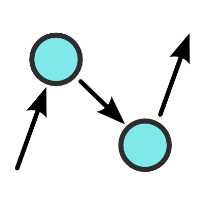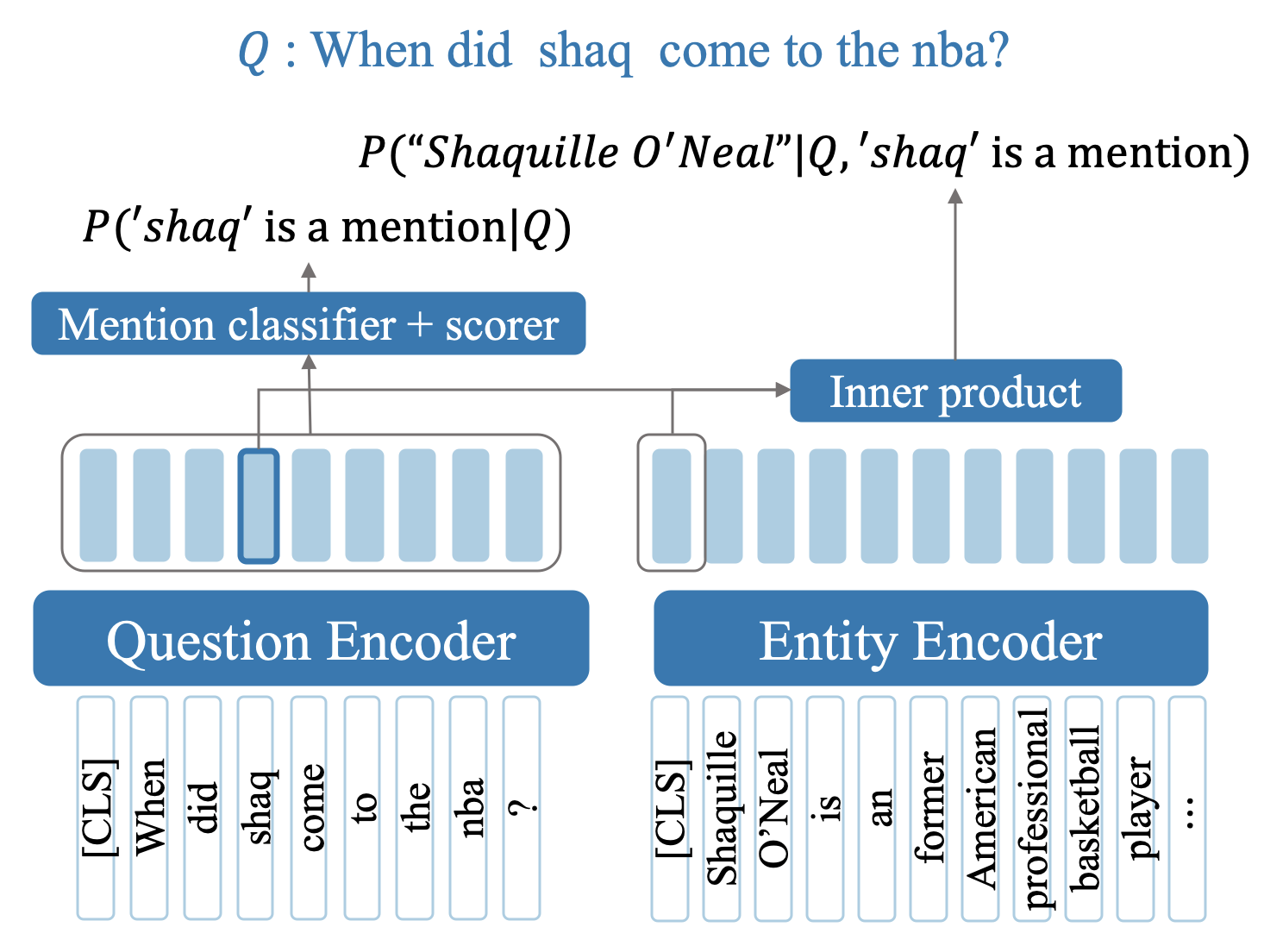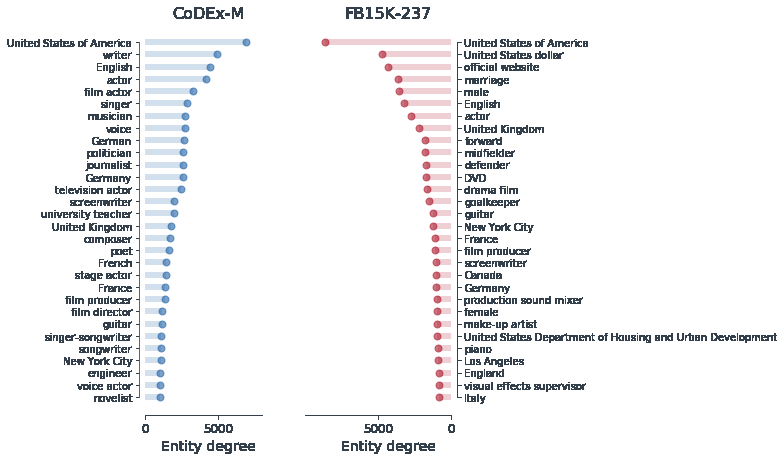Message Passing for Hyper-Relational Knowledge Graphs
Mikhail Galkin, Priyansh Trivedi, Gaurav Maheshwari, Ricardo Usbeck, Jens Lehmann
Machine Learning for NLP Long Paper

You can open the pre-recorded video in a separate window.
Abstract:
Hyper-relational knowledge graphs (KGs) (e.g., Wikidata) enable associating additional key-value pairs along with the main triple to disambiguate, or restrict the validity of a fact. In this work, we propose a message passing based graph encoder - StarE capable of modeling such hyper-relational KGs. Unlike existing approaches, StarE can encode an arbitrary number of additional information (qualifiers) along with the main triple while keeping the semantic roles of qualifiers and triples intact. We also demonstrate that existing benchmarks for evaluating link prediction (LP) performance on hyper-relational KGs suffer from fundamental flaws and thus develop a new Wikidata-based dataset - WD50K. Our experiments demonstrate that StarE based LP model outperforms existing approaches across multiple benchmarks. We also confirm that leveraging qualifiers is vital for link prediction with gains up to 25 MRR points compared to triple-based representations.
NOTE: Video may display a random order of authors.
Correct author list is at the top of this page.
Connected Papers in EMNLP2020
Similar Papers
ENT-DESC: Entity Description Generation by Exploring Knowledge Graph
Liying Cheng, Dekun Wu, Lidong Bing, Yan Zhang, Zhanming Jie, Wei Lu, Luo Si,

Scalable Multi-Hop Relational Reasoning for Knowledge-Aware Question Answering
Yanlin Feng, Xinyue Chen, Bill Yuchen Lin, Peifeng Wang, Jun Yan, Xiang Ren,

Efficient One-Pass End-to-End Entity Linking for Questions
Belinda Z. Li, Sewon Min, Srinivasan Iyer, Yashar Mehdad, Wen-tau Yih,

